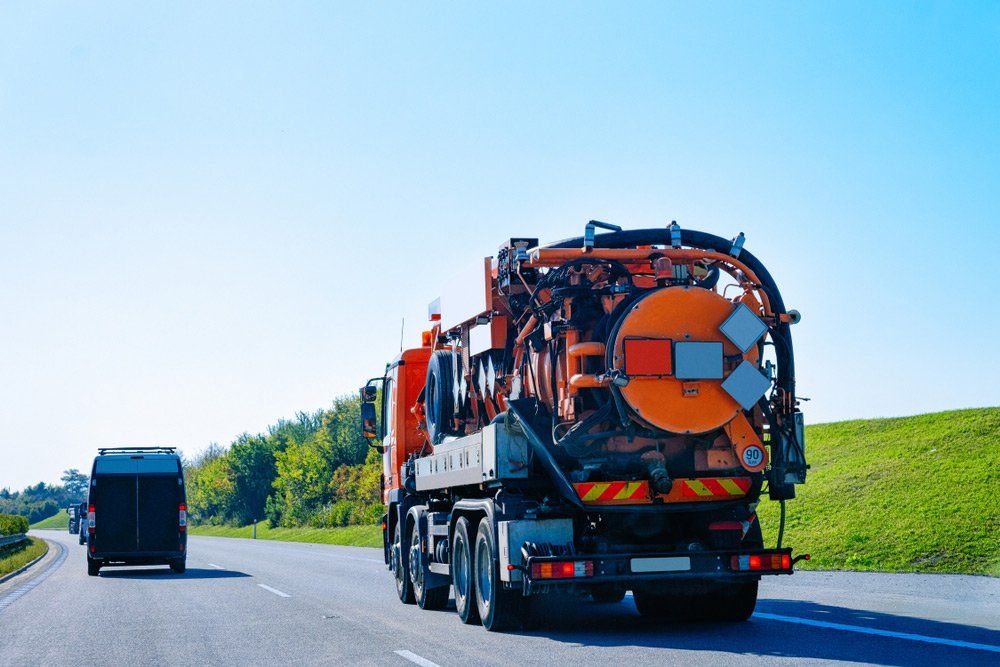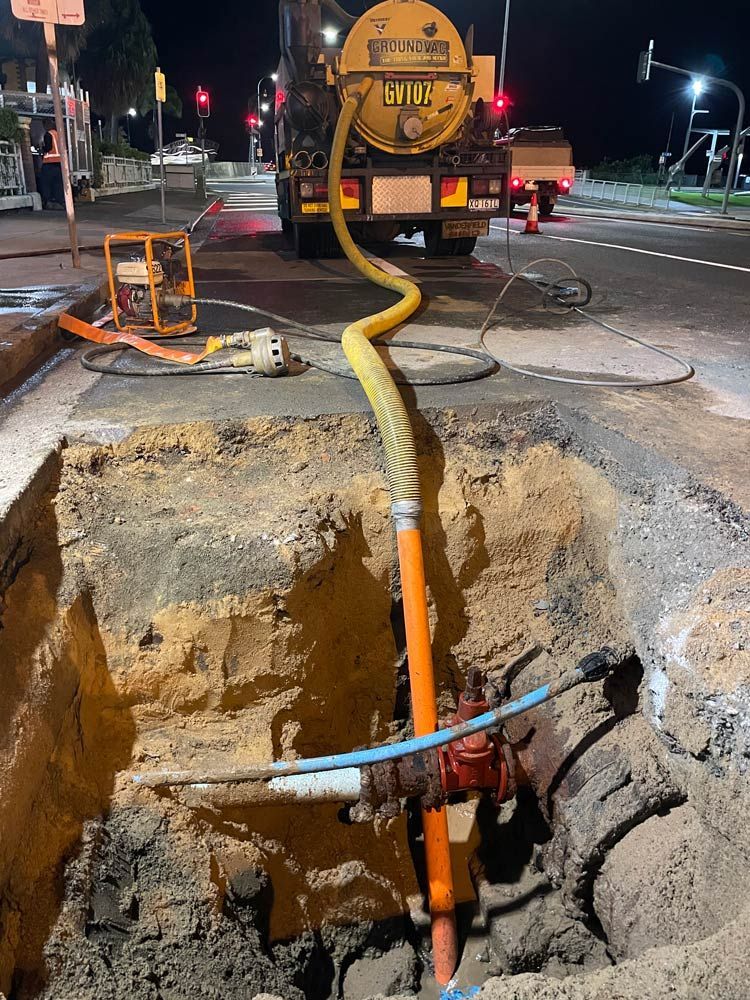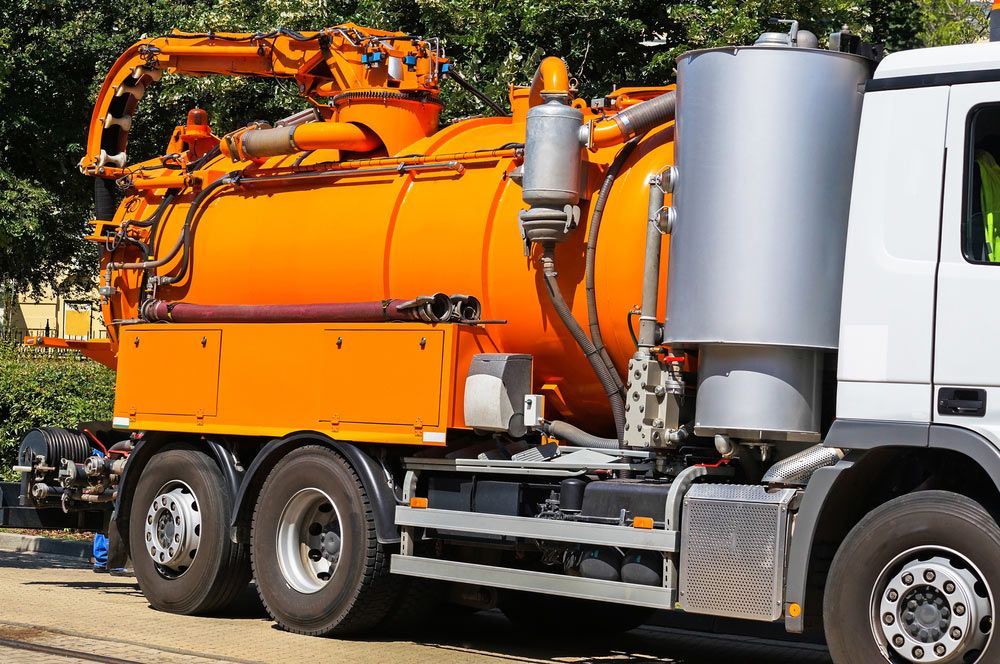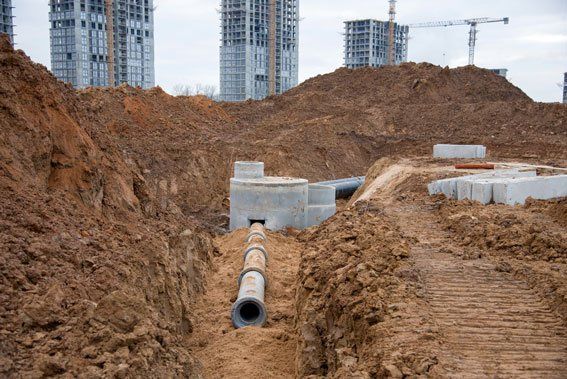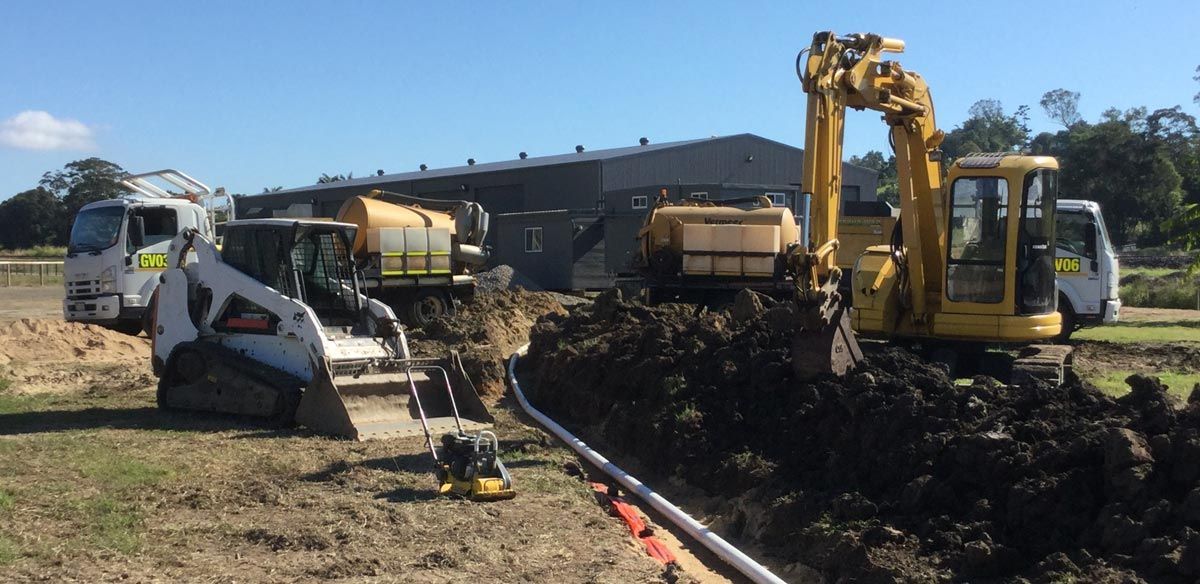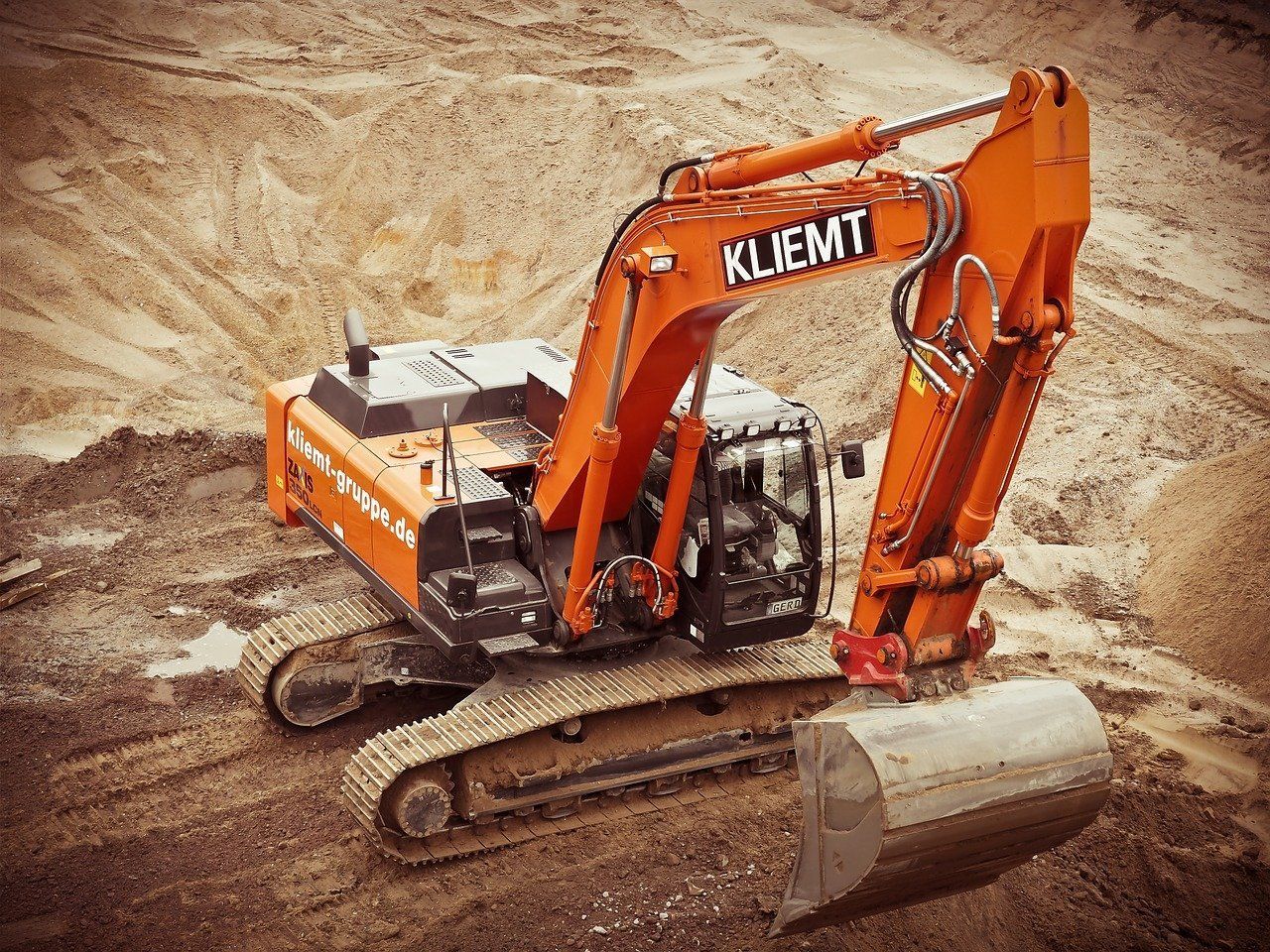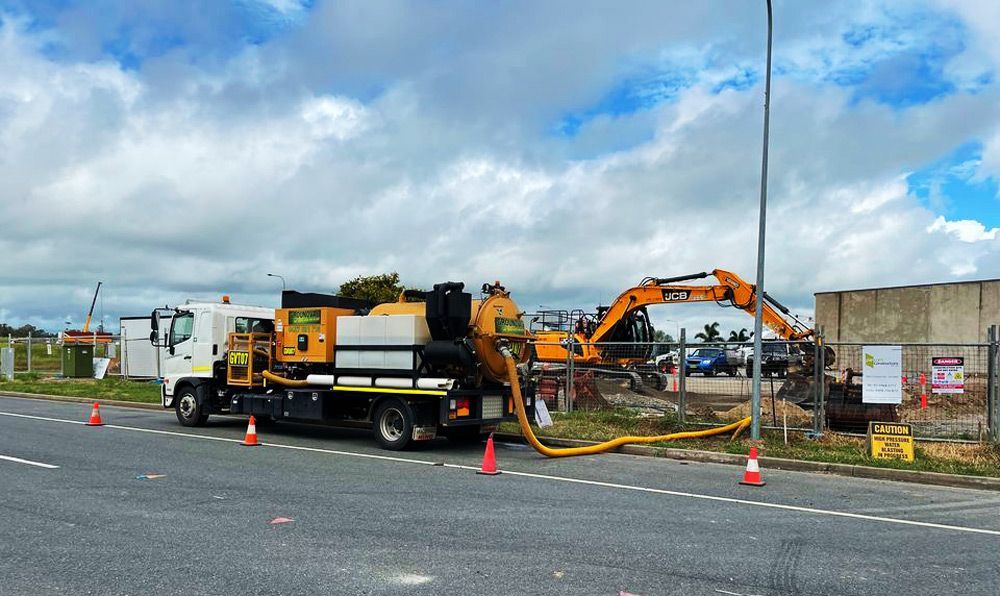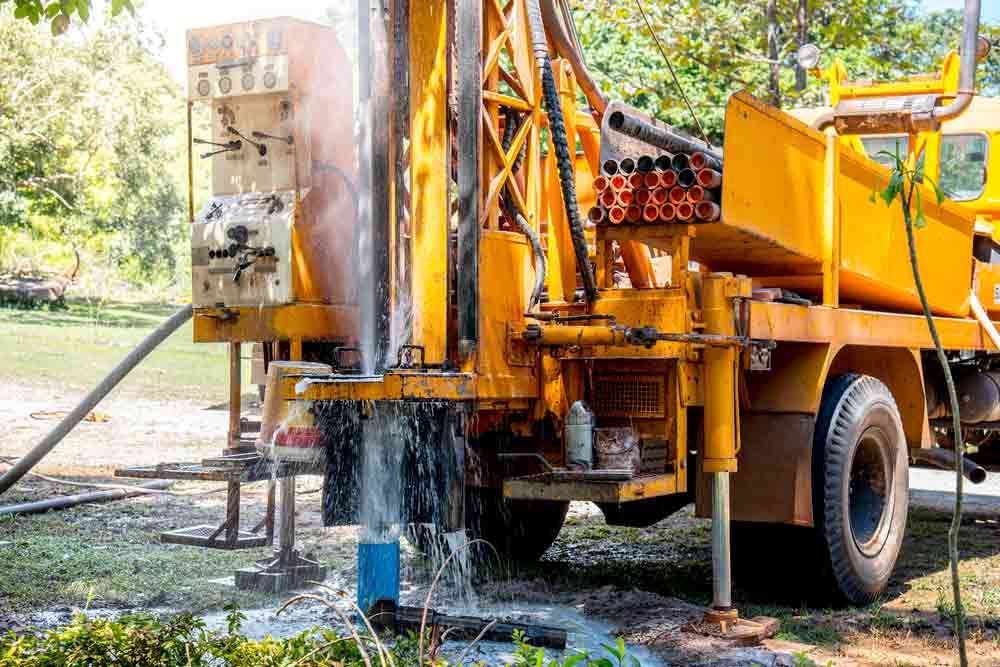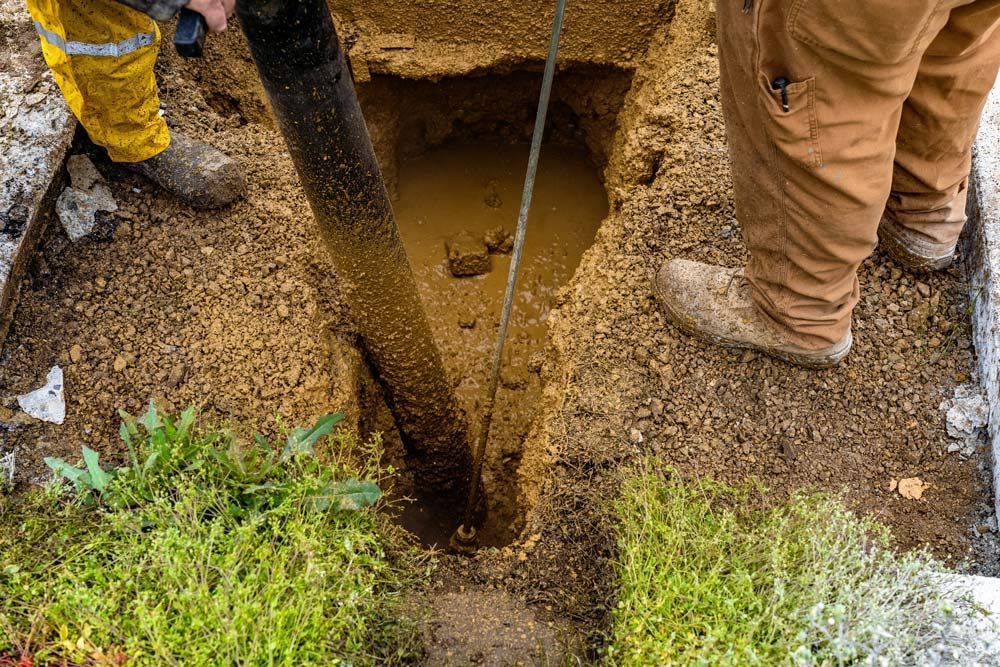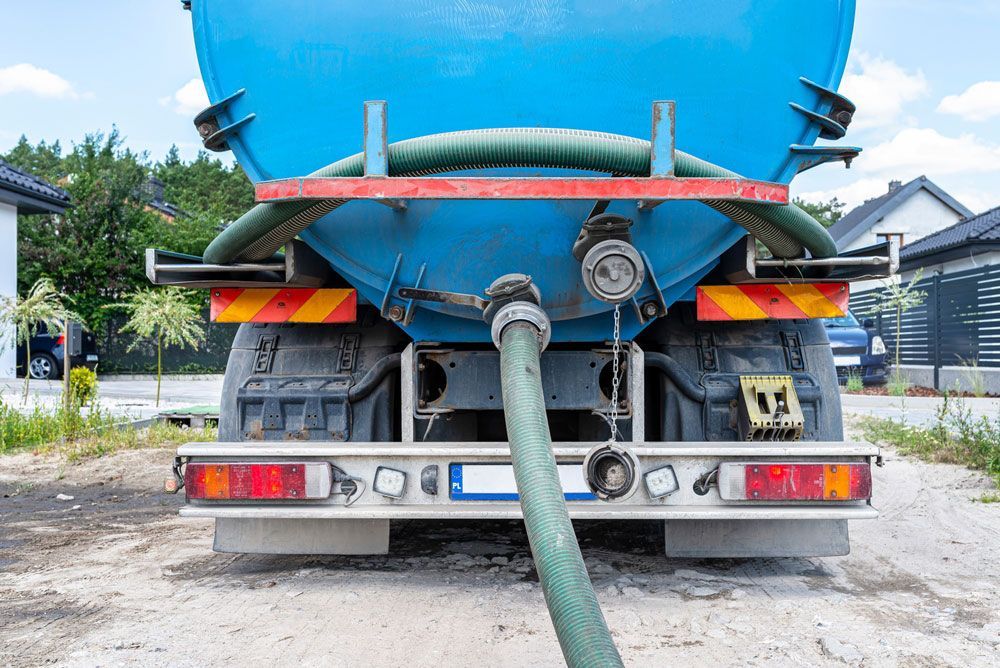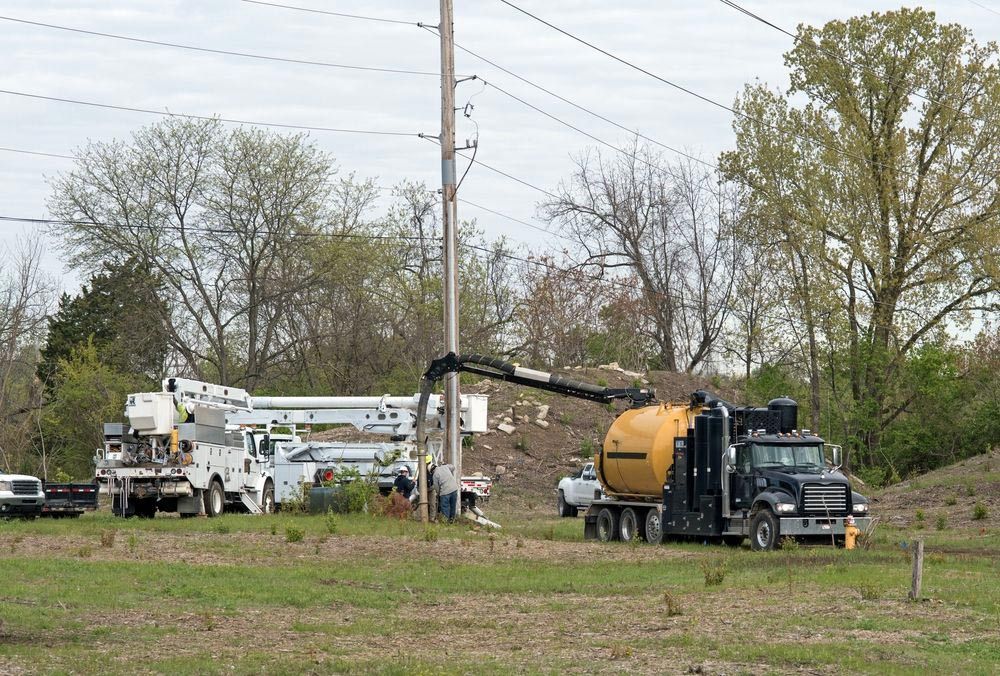Hydro or Air Excavation? Key Factors To Consider
Vacuum excavation ensures digging work can be performed effectively, safely, and with minimal damage to the surrounding area. It's an asset on construction sites, helping workers drill, excavate, and locate utilities. Vacuum excavation can be performed with air or water - but which method is better? We've put together this helpful blog to explore the points you should consider when deciding which kind of excavation is right for you.
Safety
The safety of contractors or workers on site is most important. If digging will take place near electrical components or wiring, we recommend using air excavation. Air, unlike water, does not conduct electricity, so you'll ensure your workers stay safe and will be able to clear soil from underground wiring or delicate utilities without risking direct contact. Additionally, if there's any risk of chemical reaction, air excavation is the safer option.
Speed
As hydro excavation is able to work more quickly, it tends to be the preferred method. This speed factor, however, isn't always the case when it comes to refilling the site. While air excavation might remove material more slowly, it can save time if a site needs to be refilled. When planning for a job, make sure you take into account the time and equipment you'll need to move and dispose of heavy soil and transport new soil for refilling.
Condition of the soil
If you have loose soil or sand, vacuum excavation works well. Hydro excavation can easily break up wet, rocky, hard, or compact dirt, clay or soil. It's also well-suited in cold areas, as hot water can be used to excavate frozen ground.
Site impact
On some sites, maintaining the surroundings will be a priority. If you want to avoid disturbing tree roots, utilities, or nearby structures, air excavation may be more suitable. In contrast, if blasting sand might damage any surroundings, we recommend using hydro excavation.
Sile location
When you use air excavation, you won't need to worry about carrying away wet soil and bringing in dry material. This makes it a much better option for urban or civic works. If you do use hydro excavation, make sure you consider travel distances and any weight restrictions impacting your load, as well as the time and cost of transporting soil for refilling.
Resources
Air excavation does not require any refilling, while hydro needs a continuous supply of water in order to stay operational.
Labour force
As vacuum excavation doesn't require as many vehicles or equipment, it tends to be preferred by smaller work crews.
Equipment condition and maintenance
The water used in hydro excavation can naturally lubricate equipment, helping to reduce wear and extend its lifespan.
Cleanup
Air excavation tends to make cleanup easier, as you can simply reuse the excavated soil when refilling the hole. Water, on the other hand, creates a mess and weighs down the material needing to be removed from the site.
Get in touch
For quality hydro excavation services in Mackay, contact the friendly team at
Groundvac
on
0427 691 716.
Testimonials

Slide title
"Very professional outfit and service response was awesome. Very competitive on price I might add. I can Highly recommend Mackay Groundvac services, Russell is the man to see."
Kelvin, TeKowai
Button
Slide title
"Very professional show and thanks again for helping us out of a bind"
Callum - Pentacon Project Officer
Button-

"I just want to let you know what an awesome job Dave did on Monday at DBCT. I was very impressed.
I look forward to working with Groundvac in the future."
Wade Neilsen - DBCT
ABOUT Us
Groundvac was Established in 2009, we are a locally owned and operated business servicing the Mackay and surrounding areas.
Contact Us
Address: 136 Nebia Coningsby Rd, Dumbleton QLD
Phone: 0427 691 716
Email: admin@groundvac.com.au
Operating hours: Mon - Fri 6am - 6pm
Outside these hours: on request

